Are you facing a copyright dispute in Florida and unsure of how to proceed?
Understanding copyright laws and regulations is crucial in navigating such situations.
This article will provide you with a comprehensive guide on handling copyright disputes in Florida, from defining copyright and what constitutes a dispute to the steps to take and possible outcomes.
Whether it’s gathering evidence, contacting the alleged infringer, or considering legal action, we’ve got you covered.
Read on to learn more about protecting your intellectual property rights.
Key Takeaways:
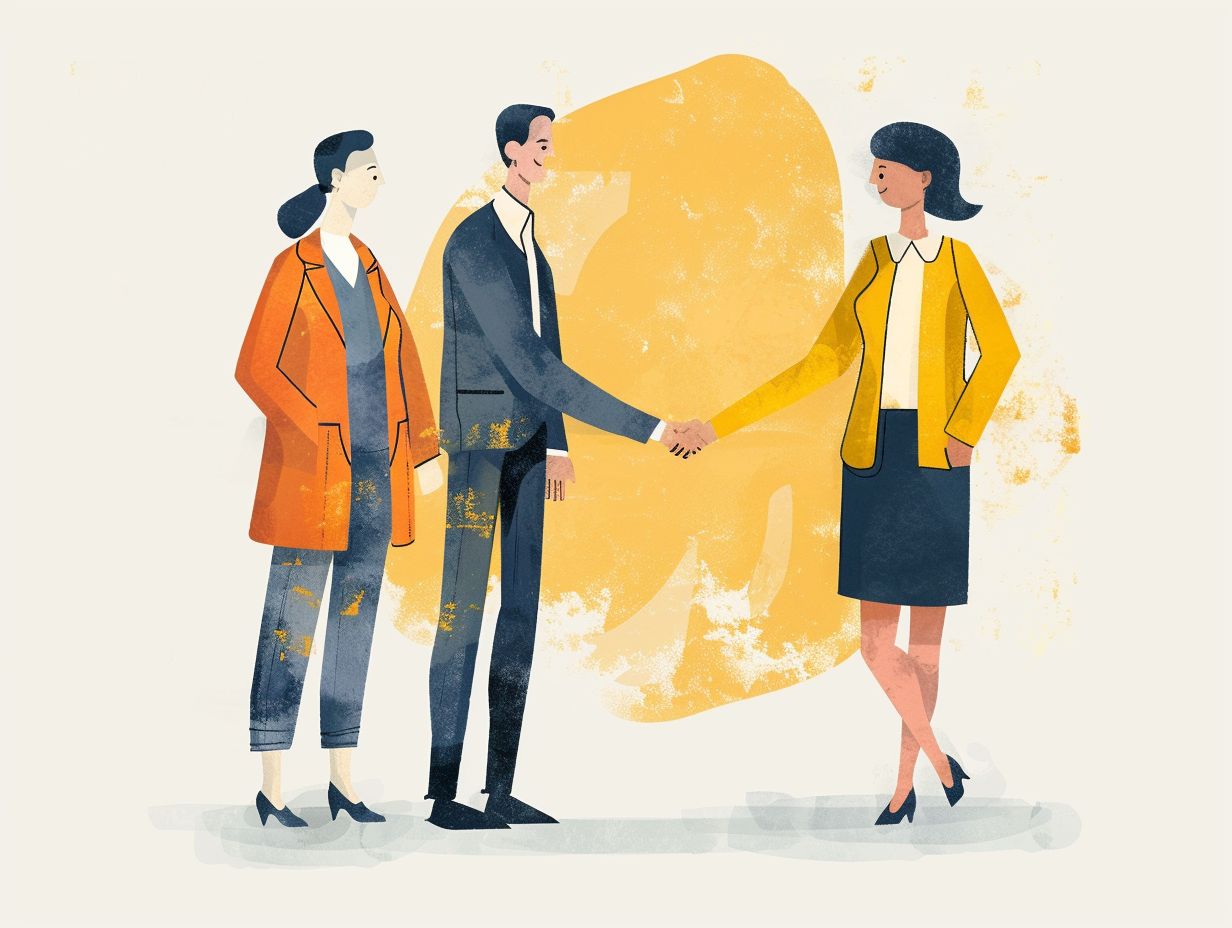
- Copyright disputes can arise when someone uses your original work without permission or credit.
- In Florida, copyright laws are governed by federal and state laws, and disputes can be resolved through negotiation, mediation, or litigation.
- In a copyright dispute, gathering evidence, contacting the alleged infringer, and sending a cease and desist letter are important steps to take before considering alternative dispute resolution or filing a lawsuit.
Understanding Copyright Disputes
Understanding copyright disputes requires understanding the intricacies of intellectual property law, the rights granted to the author or owner, and the possibility of violating these exclusive rights, particularly in relation to original works of authorship like creative works.
What is Copyright?
Copyright is a type of intellectual property that gives the creator of an original work exclusive rights to its use and distribution.
In essence, copyright protection encompasses a variety of works, such as literary works, music, artwork, and software. The primary criterion for obtaining copyright protection is the necessity of originality – the work must be independently created by the author and demonstrate a certain level of creativity.
Upon establishing copyright, the owner possesses the exclusive rights to reproduce the work, distribute copies, publicly display or perform the work, and create derivative works derived from the original creation.
What Constitutes a Copyright Dispute?
A copyright dispute typically arises when there is an alleged infringement of the exclusive rights granted to the author or owner of a copyrighted work.
This can occur in various scenarios, such as unauthorized reproduction, distribution, public display, or adaptation of the original work without the permission of the copyright holder. For instance, using someone’s images, music, or written content without obtaining the necessary licenses or permissions could lead to a copyright dispute.
Legal frameworks like the Berne Convention, WIPO Copyright Treaty, and local copyright laws play a crucial role in defining and addressing these disputes by providing guidelines on how copyright infringement cases should be handled and resolved through legal means.
Copyright Laws in Florida
Copyright laws in Florida are regulated by federal statutes like the United States Copyright Act. Local legal professionals, including lawyers who specialize in intellectual property, have an important role in upholding these laws and pursuing statutory damages for copyright infringement.
What are the Copyright Laws in Florida?
Copyright laws in Florida are in line with federal regulations under the United States Copyright Act and are supported by the guidelines of the U.S. Copyright Office.
The copyright laws in Florida encompass a broad spectrum of creative works, including literature, music, art, and software. These laws afford creators exclusive rights to their works, such as the rights to reproduce, distribute, and display their creations.
The U.S. Copyright Office, a division of the Library of Congress, plays a crucial role in overseeing these laws by offering registration services for copyright protection. By registering with the U.S. Copyright Office, creators in Florida can establish a public record of their copyright claim, which can be beneficial in legal proceedings to uphold their rights.
How are Copyright Disputes Handled in Florida?
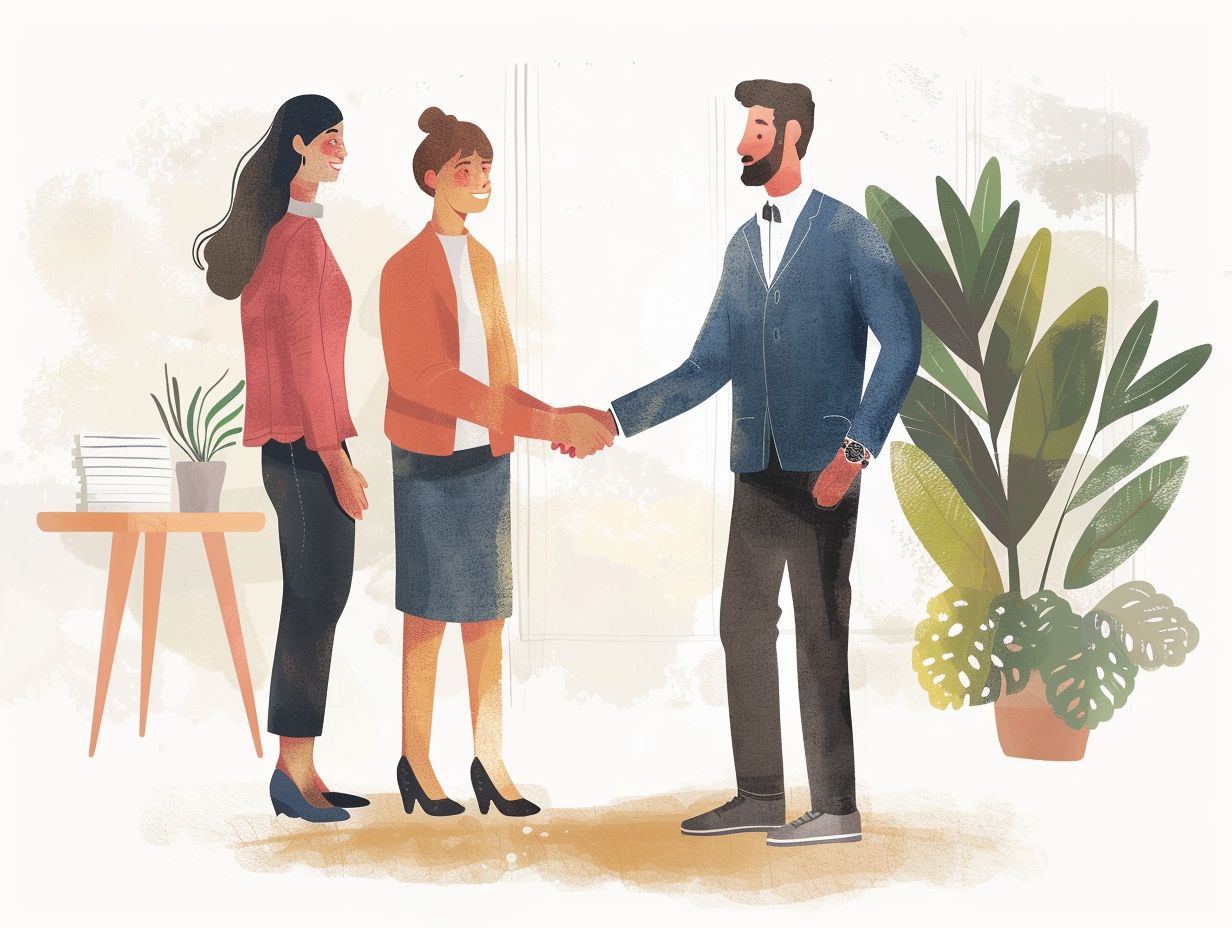
In Florida, copyright disputes are typically resolved through infringement litigation, often with the help of specialized lawyers or law firms like Perkins Law.
These legal professionals play a critical role in guiding individuals or businesses through the necessary legal procedures for resolving copyright disputes. When confronted with issues of copyright infringement, it is essential to seek legal representation to safeguard intellectual property rights and navigate the complexities of copyright law.
Specialized firms not only bring expertise in intellectual property matters but also provide strategic advice on potential settlement negotiations and effective representation in court. By enlisting skilled attorneys familiar with copyright law, parties involved in disputes can enhance their chances of reaching a favorable resolution.
Steps to Take in a Copyright Dispute
In a copyright dispute, it is important to follow a structured approach which includes:
- Gathering evidence
- Reaching out to the alleged infringer
- Issuing a cease and desist letter
- If needed, initiating legal action to address the infringement
1. Gather Evidence
The initial step in resolving a copyright dispute involves collecting concrete evidence that demonstrates the infringement of the copyrighted work. This evidence plays a critical role in constructing a strong case to safeguard intellectual property rights. Documentation of the original work, such as drafts, sketches, or digital files, can act as essential evidence for proving ownership.
Additionally, evidence of the infringement itself, like screenshots of unauthorized use or dated copies of the infringing material, can further bolster the claim. Correspondence associated with the case, such as cease and desist letters or any communication with the infringing party, can also serve as valuable evidence in showcasing efforts to amicably resolve the dispute.
2. Contact the Alleged Infringer
After evidence collection, the next step involves reaching out to the alleged infringer to establish communication and attempt to resolve the dispute through negotiation.
Opening a dialogue with the party accused of infringement is essential, as it provides an opportunity to clarify any misunderstandings or miscommunications that might have contributed to the alleged violation.
Through a professional and clear conversation, both sides can present their perspectives and explore potential solutions together. This approach not only shows a dedication to finding a mutually agreeable resolution but also demonstrates a willingness to address the issue without escalating it into a legal conflict.
Highlighting the importance of effective communication can facilitate amicable dispute resolution, promoting goodwill and maintaining relationships throughout the process.
3. Send a Cease and Desist Letter
If attempts to communicate with the alleged infringer are unsuccessful in addressing the matter, the next course of action involves sending a cease and desist letter requesting an immediate halt to the infringing activity.
This type of letter functions as a formal notification that the unauthorized use of intellectual property or infringement upon rights is not permissible, representing a necessary legal step to safeguard one’s interests.
In a cease and desist letter, it is essential to clearly specify the rights that have been infringed upon, present evidence of the infringement, outline the actions needed to cease the violation, establish a reasonable deadline for compliance, and caution against potential legal measures if the infringement persists.
The tone of the letter should be characterized by clarity, professionalism, and assertiveness to effectively communicate the seriousness of the situation.
4. Consider Alternative Dispute Resolution
Before considering a lawsuit, it is often helpful to explore alternative dispute resolution methods like mediation or arbitration to address the copyright dispute. Mediation involves a neutral third party aiding the disputing parties in reaching a mutually acceptable agreement, while arbitration involves a neutral arbitrator making a binding decision after hearing both sides.
One key advantage of these methods is their cost-effectiveness, as they are typically more affordable than prolonged court battles. These processes are recognized for their swiftness compared to traditional litigation, conserving valuable time and resources. For instance, in business disputes or family matters, mediation and arbitration can assist in preserving relationships and achieving timely resolutions.
5. File a Lawsuit
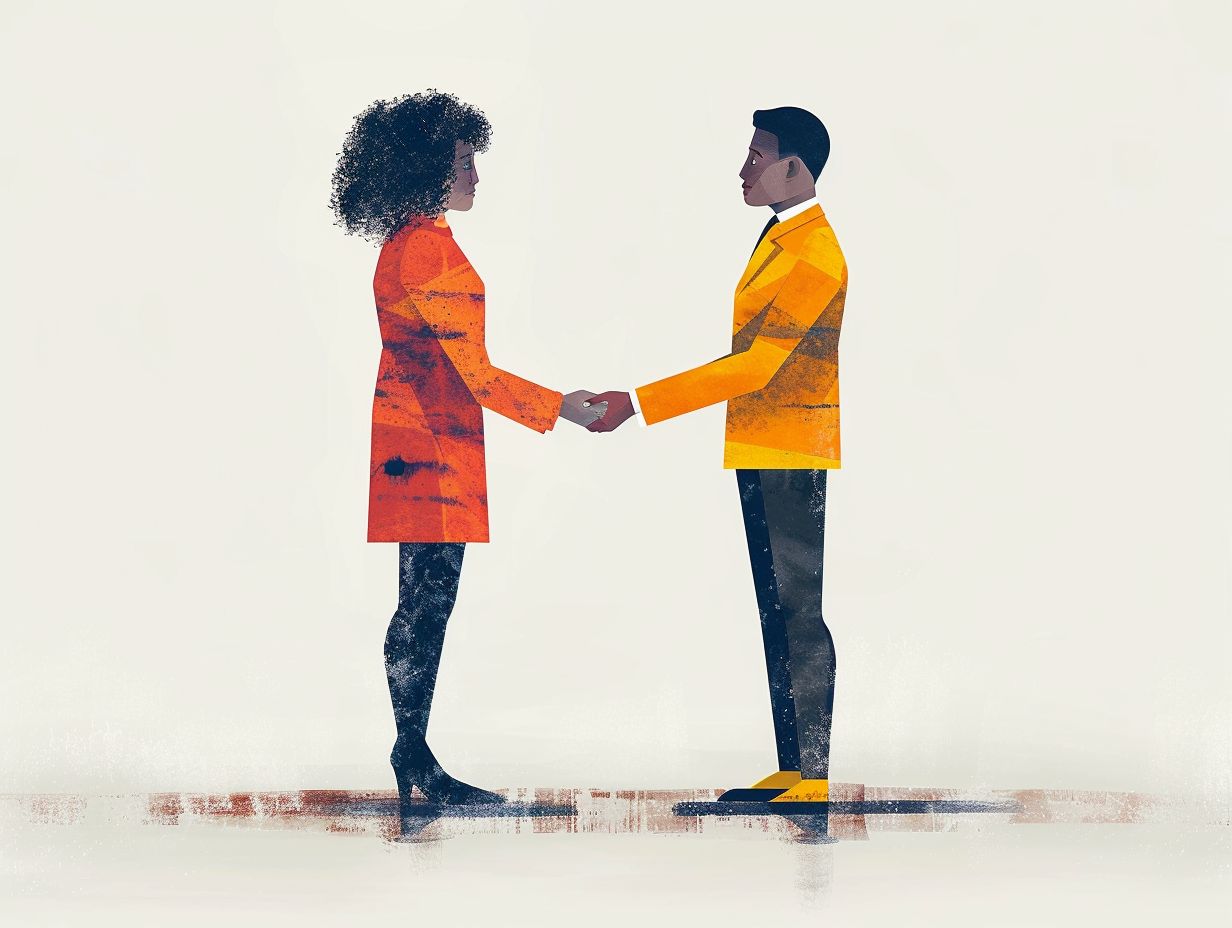
If all other steps fail, resorting to filing a lawsuit may be necessary to formally address the copyright infringement through the court system.
- Once the decision to pursue legal action is made, the next step involves preparing the appropriate legal documents, such as a complaint detailing the alleged infringement. This document outlines the specific copyrighted material’s ownership and how it has been unlawfully used by the infringing party.
- Subsequently, the lawsuit is filed with the appropriate court, kicking off the formal legal process. Legal representation becomes crucial at this stage, as navigating court procedures, presenting evidence, and arguing the case effectively require expertise in copyright law.
Possible Outcomes of a Copyright Dispute
The potential outcomes of a copyright dispute can vary, such as:
- Settlements
- Injunctions to cease the infringing activity
- Financial damages granted to the copyright owner
- New license agreements to authorize the use of the copyrighted work
1. Settlement
A settlement is frequently the desired resolution in a copyright dispute, obtained through negotiation and mutual agreement between the involved parties.
Reaching a settlement encompasses several steps, beginning with identifying the key issues and interests of each party. Strategies like seeking common ground, compromising on certain aspects, and maintaining open communication are essential in negotiations. By striving for an agreement that benefits both parties, they can sidestep the unpredictability and expenses linked with a court trial.
A settlement agreement may outline terms such as financial compensation, licensing agreements, confidentiality clauses, and commitments to discontinue specific actions or behaviors.
2. Injunction
An injunction is a court order that requires the infringer to cease all infringing activities immediately and is a common outcome in copyright disputes.
To obtain an injunction, the copyright owner must demonstrate that they have a valid copyright and that the infringer has unlawfully used their protected work. They must show that there is a likelihood of irreparable harm if the infringing activities continue.
Once granted, an injunction can have a significant impact on both parties involved. For the infringer, it means they must stop using the copyrighted material or face legal consequences.
On the other hand, the copyright owner benefits from protection of their intellectual property rights. Different types of injunctions include preliminary injunctions issued before a trial to prevent further harm and permanent injunctions issued after a trial to maintain the status quo.
3. Damages
In a copyright dispute, the court may award damages to the copyright owner as financial compensation for the infringement, which can include statutory damages.
Copyright owners may be entitled to actual damages, which are calculated based on the specific harm suffered as a result of the infringement. Actual damages aim to reimburse the copyright owner for the financial losses incurred due to the infringement.
On the other hand, statutory damages are set amounts established by law and provide a predetermined sum that can be awarded even without proof of actual damages. Statutory damages serve as a way to ensure that copyright infringement is deterred and rights are upheld.
The determination of damages in a copyright dispute is crucial as it not only compensates the copyright owner but also serves as a means of enforcing intellectual property rights.
4. License Agreement
A copyright dispute can be resolved by establishing a new license agreement, which legally permits the infringer to use the copyrighted work under agreed terms.
This negotiation process involves the copyright holder and the infringer reaching an understanding on the specific ways the work can be used moving forward. Terms commonly found in license agreements include usage restrictions, the license’s duration, payment terms, and any potential royalties.
Formalizing the use of copyrighted material through such agreements provides clarity and protection to both parties, reducing the likelihood of future disputes. This method not only efficiently resolves conflicts but also encourages a more constructive relationship between the involved parties.
Frequently Asked Questions
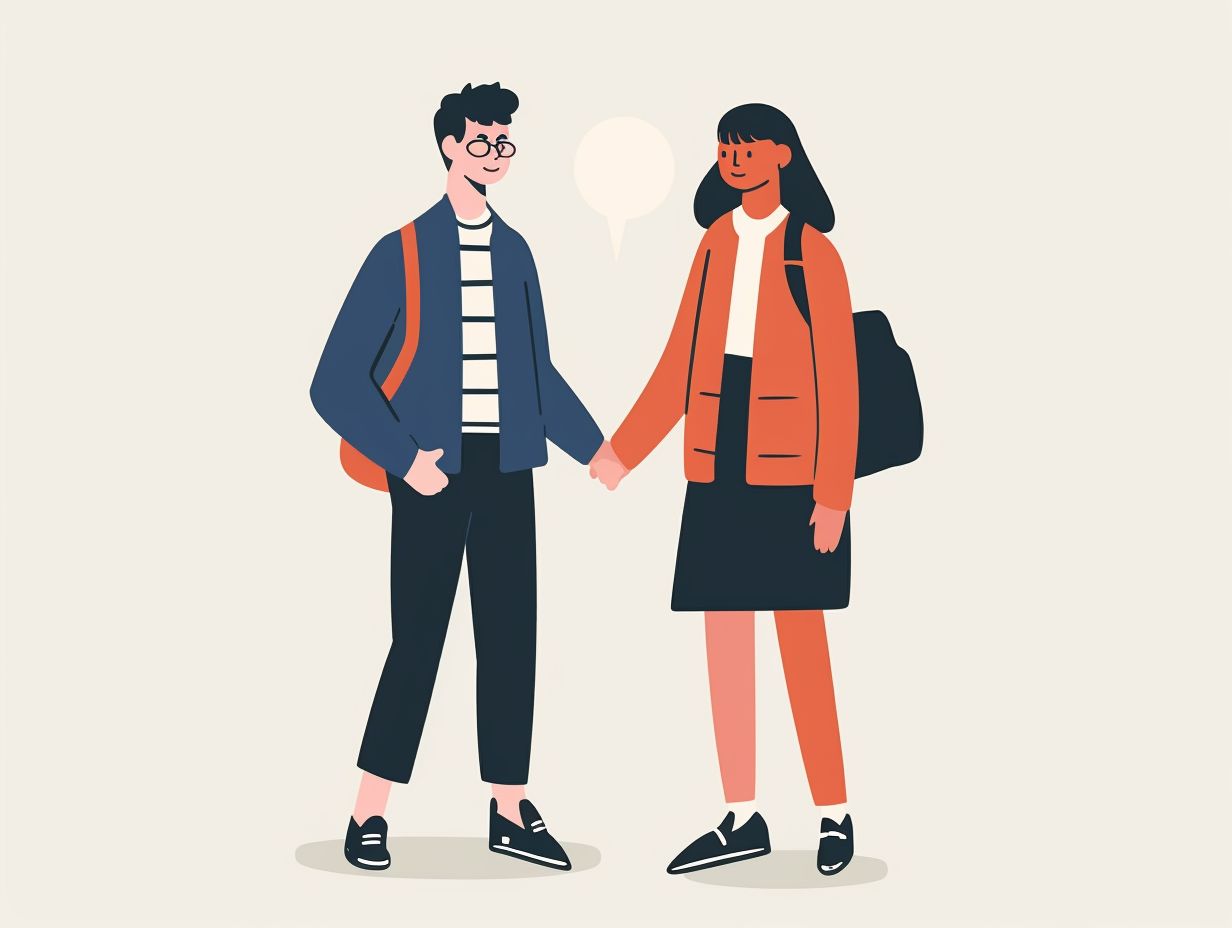
What is the first step to handling a copyright dispute in Florida?
The first step is to gather all relevant evidence, including the copyrighted work and any documentation of the alleged infringement.
Do I need a lawyer to handle a copyright dispute in Florida?
While it is not required, it is highly recommended to seek legal counsel as copyright laws can be complex and an experienced lawyer can guide you through the process.
Can I settle a copyright dispute out of court in Florida?
Yes, parties can always try to reach a settlement outside of court through negotiation or alternative dispute resolution methods such as mediation.
What if the other party refuses to cooperate in a copyright dispute in Florida?
If the other party does not respond to your attempts to resolve the dispute, you may need to file a lawsuit to protect your rights and seek compensation for damages.
What potential remedies are available for copyright infringement in Florida?
Potential remedies include monetary damages, injunctive relief to stop the infringement, and attorney’s fees and court costs.
How long do I have to file a lawsuit for a copyright dispute in Florida?
In Florida, the statute of limitations for copyright infringement is three years from the date the infringement occurred, so it is important to act promptly.






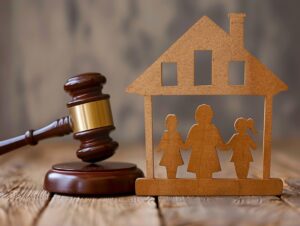






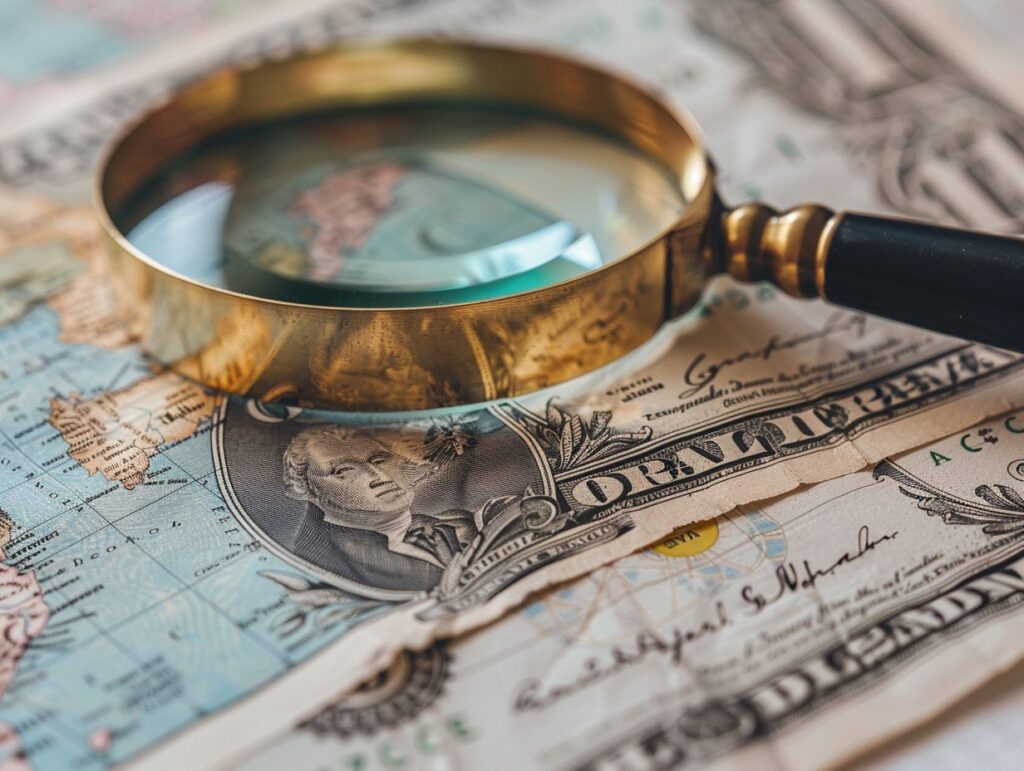









Rate this article:
Average rating 0 / 5. Vote count: 0
No votes so far! Be the first to rate this post.
No Comments yet!